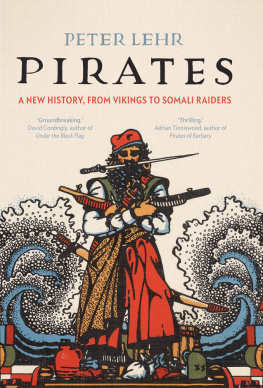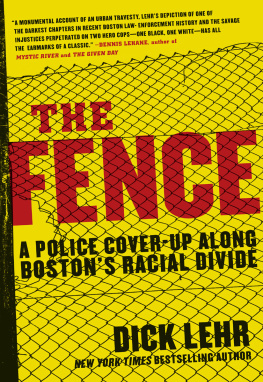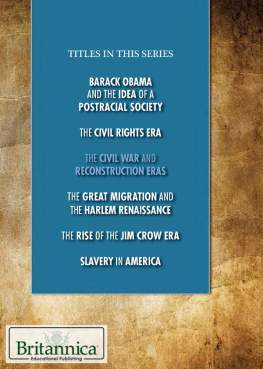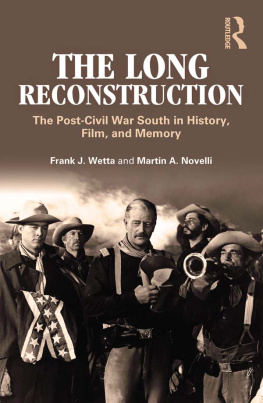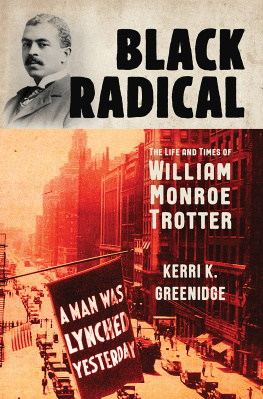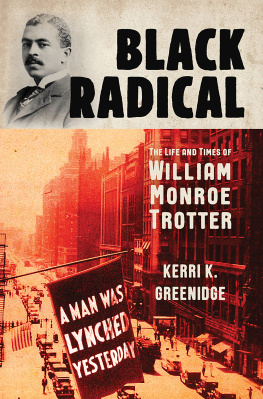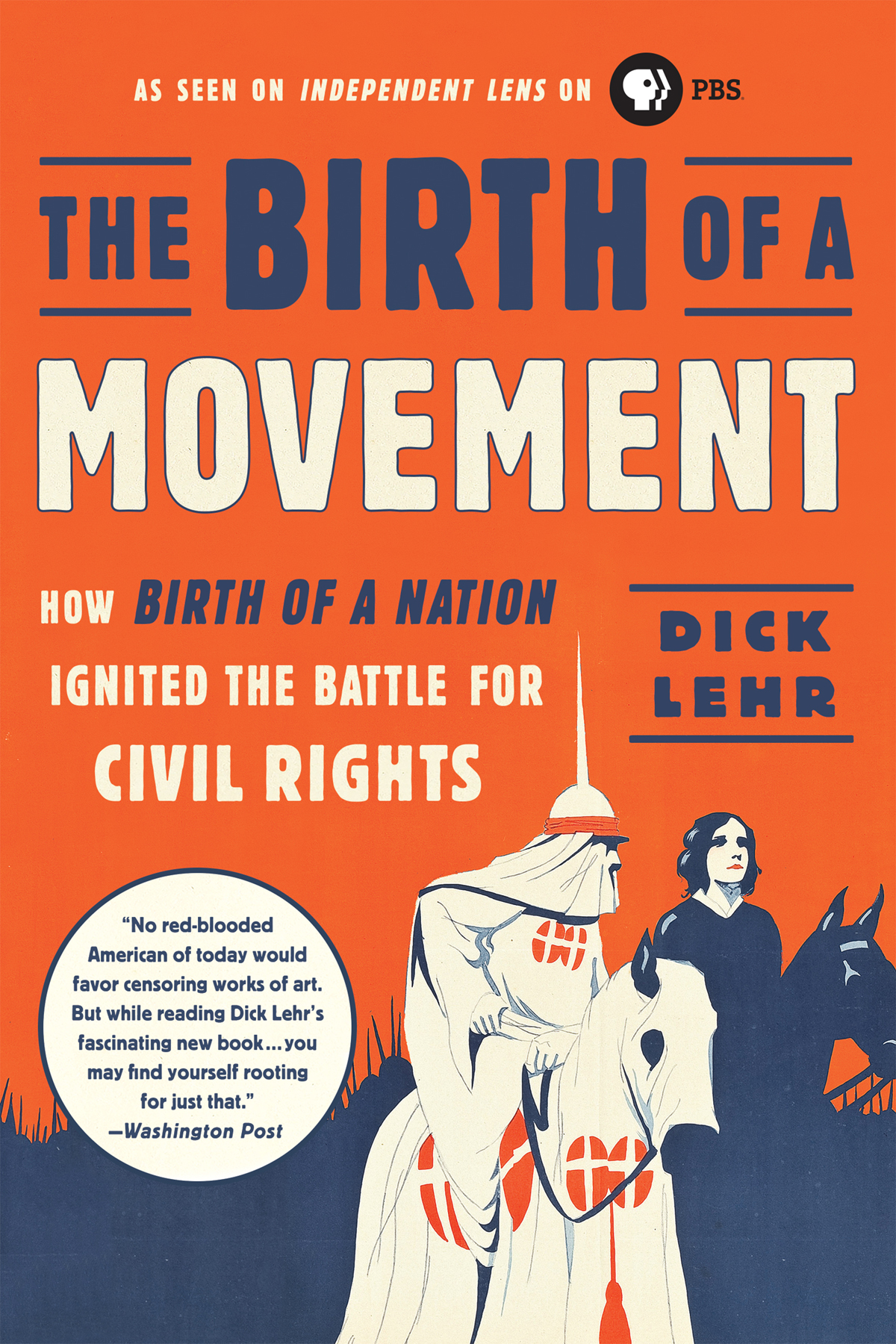All rights reserved.
No part of this book may be reproduced in any manner whatsoever without written permission except in the case of brief quotations embodied in critical articles and reviews. For information, address PublicAffairs, 250 West 57th Street, 15th Floor, New York, NY 10107.
PublicAffairs books are available at special discounts for bulk purchases in the U.S. by corporations, institutions, and other organizations. For more information, please contact the Special Markets Department at Perseus Books, 2300 Chestnut Street, Suite 200, Philadelphia, PA 19103, call (800) 810-4145, ext. 5000, or e-mail special. markets@perseusbooks.com.
Abbott,
Abolitionists,
Addams, Jane,
The Adventures of Dollie (film),
African Methodist Episcopal Zion Church,
Afro-American Council,
Aitken, Harry,
Allston, Phillip J.,
Andrew, John A.,
Arms buildup,
Arts and culture, racist thought in,
Atlanta Compromise,
Baker, Ray Stannard,
The Battle of Elderbush Gulch (film),
Beale, Harriet Blaine,
Bean, Robert Bennett,
Beecher, Thomas K.,
Biograph Company,
Bitzer, G. W. Billy,
The Black Peril (Phillips),
Black Yankees,
Blaine, James G.,
Bolster, Wilfred,
Boon, Alonzo,
Bosfield, Jane R.,
Boston, Massachusetts
censorship culture,
Curley panel censorship decision,
Curleys hearing with Trotter and Griffith,
first screening of the film,
Griffiths theater tour,
James Trotters move to,
Jane Bosfield discrimination case,
legislative modification of the censorship bill,
NAACP campaign against the film,
Negro viewers response to the film,
Old Boston City Hall, (fig.)
private screening for Mayor Curley,
public response to the film,
Sullivan Bill,
Boston Congregation of Ministers,
Boston Literary and Historical Association,
Boston Marathon,
Boston Post headline of Tremont riot, (fig.)
Boston State House, (fig.)
Boston Suffrage League,
Brackett, J. Albert,
Brain size of Negroes,
Breil, Joseph Carl,
Brigham, William D.,
Brown, Edward Everett,
Brown,
Brown v. Board of Education,
Bryan, William Jennings,
Buchanan, Charles,
Buchanan v. Warley,
Budget for the film,
Business and finance, Trotters ambitions for,
Butler, Benjamin,
The Call,
Callahan, Richard A.,
Camera techniques,
Candler, Allen D.,
Carnival games,
Carpetbaggers,
Carr, Harry C.,
Casey, John M.,
Censorship
appeals to Governor Walsh to suppress the film,
Comstock Act,
Curleys hearing with Trotter and Griffith,
Curleys moral guardianship in Boston,
Curleys request for softening and cutting scenes,
Gus chase scene,
House Bill 2127,
Massachusetts state legislation,
motion picture commission bill,
Mutual Film Corporation challenging laws,
NAACP discomfort with,
NAACPs competing film,
National Board of Censorship approval for the film,
New York run of the film,
Sangers arrest and trial,
Sullivan Bill,
Chaplinsky, Walter,
Charles, Bernard,
Charleston, South Carolina,
Chattanooga campaign,
Chicago Worlds Fair,
Cinematic techniques,
Civil rights movement
Bakers writing on Du Bois and Trotter,
Du Boiss ambivalence over Trotter-Washington antipathy,
Du Boiss evolution from scholarship to,
expanding controversies,
Guardian reports,
increasing anti-Bookerism,
NAACP formation,
Negro exhibit at the Cotton States expo,
Niagara Movement,
Trotters anti-Booker stance,
Trotters obliviousness to,
Civil War
Battle of Boyds Landing,
Griffiths embedded attitudes towards Negroes,
Griffiths film endeavors,
Jacob Griffiths service,
James Trotters pride in Negro contributions to,
march on Charleston,
Negro rights activists,
story for Birth of a Nation,
The Clansman,
The Clansman (Dixon),
Clayton Antitrust Act,
Cleveland, Grover,
Close-up filming,
Clune, W.H.,
Cobleigh, Rolfe,
Colored Citizen newspaper,
Committee of
Comstock, Anthony,
Comstock Act (1873),
Coolidge, Calvin,
Cooper, Margaret,
A Corner of Wheat (film),
Cotton States and International Exposition,
Courtney,
Cox, Alexander,
Cox, Channing H.,
Crawford, Joshua A.,
Crisis journal,
Crowley, Michael H.,
Curley, James Michael
calls to condemn the movie as racist,
censorship decision,
Dowd ruling to modify the chase scene,
fraud charges,
hearing with Trotter and Griffith,
Massachusetts censorship legislation,
NAACP request for a hearing,
private screening for,
protector of Bostons virtue,
refusal to quash the film,
request for softening and cutting scenes,
Tremont Theater tumult,
Trotters break with,
Trotters request for an audience with,
World Series,
Cusick, John F.,
Daniels, Josephus,
Dewey, John,
Discrimination
box office practices,
Chicago Worlds Fair,
James Trotters career,
Jane Bosfield case,
Niagara Movements Declaration of Principles,
nonpayment of colored Union soldiers,
Trotters awakening recognition of,
Trotters employment prospects,
Trotters obliviousness to,
Trotters smaller battles,
See also Jim Crow laws; Racism
Dixon, Thomas Jr., (fig.)
expanded venues of the film,
fee for The Clansman,
Griffiths ambitions for The Clansman,
Griffiths theater career,
NAACP opposition to the film,
private screening for Mayor Curley,
public controversy over historical accuracy,
racist goals of his writings,
response to Boston protests,
sinking of the Lusitania,
stage play of The Clansman,
State House protest song,
Sullivan Bill hearing,
Tremont Theatre disturbance,
Trotters response to the writings of,
warmongering,
White House screening of the film,
Wilsons continuing ties to,
Wilsons presidential bid,
World War I,
Dole, Charles F.,
Douglass, Frederick,
Dowd, Thomas H.,
Du Bois, W. E. B.,
background,
biological inferiority of Negroes,
Bookerism,
Boston film war,
break with Washington,
discomfort with censorship strategy,
increasing supremacy over civil rights movement,
NAACP
NAACP strategy to silence the film,
Niagara Movement,
public response to Trotters criticism of Wilson,
racist leadership of the NAACP,


